On June 15, 2020, the U.S. Supreme Court issued a momentous decision on LGBTQ+ employee rights, determining that the protections of Title VII of the Civil Rights Act of 1964 applies to lesbian, gay, bisexual, and transgender employees. The case, known as Bostock v. Clayton County, Georgia, is thrilling news. This column will unpack the Court’s decision, explore how it may affect other legal protections for LGBTQ+ people, and discuss how we as community members and allies must still remain active in protecting LGBTQ+ rights.
SCOTUS gets it right with Bostock
First, let’s talk about the Court’s decision. Bostock actually addressed three consolidated cases, involving (1) Gerald Bostock, a child welfare advocate who was fired for being in a gay softball league, (2) Donald Zarda, a skydiving instructor who was fired for being gay, and (3) Aimee Stephens, a funeral home employee who was fired for transitioning. All three employees alleged that their firings violated Title VII, the federal law that makes it unlawful for employers “to fail or refuse to hire or to discharge any individual, or otherwise to discriminate against any individual with respect to his compensation, terms, conditions, or privileges of employment, because of such individual’s race, color, religion, sex, or national origin.” (Emphasis added.)
The statutory language of “because of …sex” in Title VII matters. The Court had to decide whether discrimination on the basis of sexual orientation or for being transgender is discrimination because of sex. (If not, then the employment protections of Title VII would not apply.) Writing for a six-member majority of the Court, Justice Neil Gorsuch answered yes.
In reaching its decision, the Court agreed with arguments made by the employees’ attorneys, as well as arguments made in a “friend of the court” brief filed by a coalition of Wisconsin advocacy organizations and written by one of this article’s authors. First, the Court reasoned that “it is impossible to discriminate against a person for being homosexual or transgender without discriminating against that individual based on sex.” Suppose, for example, an employer fires a man for being gay—that is, a man attracted to men. Because the employer would not have fired the same employee if she were a woman attracted to men, the employee’s sex necessarily plays into the employer’s discriminatory motivation. Second, the Court noted that principles of judicial “textualism” and “originalism” compelled the result. What matters, Justice Gorsuch stressed, is what the text of the Title VII meant when it was originally enacted—not what Congress or the public intended or expected the consequences of the statute to be. And third, the Court added that its earlier cases interpreting Title VII mapped a legal trajectory that embraced the ruling for which the employees advocated. Ultimately, the Court concluded that “[a]n employer who fires an individual merely for being gay or transgender defies the law.”
What does the Court’s decision mean for our community? It means that those who are fired because of our sexual orientation or for being transgender can indeed argue that those firings violate Title VII. But it goes further than “just” covering firings. It also means that if an employer fails or refuses to hire us, or otherwise discriminates against us (including workplace harassment) with respect to his compensation, terms, conditions, or privileges of employment, we can also raise Title VII claims.
Bostock will help in with other areas of legal protection
While Bostock applies directly to employment discrimination, it will likely have far-reaching effects on other areas of law. This is because Title VII is not the only law that prohibits discrimination “because of . . . sex.” Title IX of the Education Amendments of 1972, for example, states that “[n]o person in the United States shall, on the basis of sex, be excluded from participation in, be denied the benefits of, or be subjected to discrimination under any education program or activity receiving Federal financial assistance,” in areas of higher education, with a few listed exemptions. The Affordable Care Act also prohibits “any health program or activity, any part of which is receiving Federal financial assistance” from discriminating against individuals “on the basis of . . . sex.” And the Fair Housing Act also prohibits discrimination in the context of rental or housing sales “on the basis of sex.”
This is not to mention the many state statutes that prohibit discrimination on the basis of sex. Here in Wisconsin, for example, state law bars motor carriers from “any practice, act or omission which results in discrimination on the basis of . . . sex.” State law also prohibits financial organizations from discriminating “in the granting or extension of any form of loan or credit, or of the privilege or capacity to obtain any form of loan or credit” “on the basis of … sex.” And Wisconsin state law bars K–12 “courses in physical education or physical training” from discriminating “on the basis of sex in the provision of necessary facilities, equipment, instruction or financial support, or the opportunity to participate in any physical education or training activity.” And this is just an incomplete list.
Nor is Bostock’s potential impact limited to anti-discrimination statutes. The U.S. Constitution and many state constitutions also prohibit sex discrimination at the hands of the government. To that end, Bostock may ultimately lead to enhanced protections for LGBTQ+ individuals in the context of military enlistment, identification documents, public restrooms, and prisoner healthcare, among other issues.
Bostock, in other words, opens the door for plaintiffs who have been discriminated against either for their sexual orientation or for being transgender to raise discrimination challenges in those contexts, using the Supreme Court’s precedent as support. This does not mean that such plaintiffs will necessarily win, since courts analyze such challenges on a case-by-case basis. But it does mean that our community now has an additional powerful tool for advocating against discrimination.
In particular, Bostock may help advocates challenging recent regulations coming out of this federal administration. For example, on June 12, 2020, the U.S. Department of Health and Human Services issued a rule stating that “sex discrimination” (under the Affordable Care Act) does not protect people from discrimination on the basis of sexual orientation or gender identity. This rule runs exactly counter to the Supreme Court interpretation of the “because of . . . sex” language in Bostock, and legal groups challenging that rule will likely point to Bostock for support.
Post-Bostock Advocacy
As lawyers, we also recognize that legal victories, while exciting, are not always sufficient to help actual folks in our community. A somber reminder of this is how Aimee Stephens, one of the plaintiffs in the Bostock consolidated cases, died on May 12, 2020, a month before being able to see her legal victory. Another somber reminder is how—even in states with strong protections against sexual orientation and transgender discrimination—actual folks still do suffer from significant discrimination. This is because legal, on-the-books protections do not always end up protecting people on the ground. Hiring attorneys to protect one’s legal rights requires resources, and the most disadvantaged members of our community will not have those resources.
So we must remain otherwise vigilant, both for ourselves and for our community. We must work—both through community efforts and political efforts—to build the world we want to see. Stay strong, stay active, and keep doing whatever you can to lift each other up.
Steph Tai is a professor at the University of Wisconsin Law School. They have actively advocated for the interests of the LGBTQ community at UW-Madison. Steph serves on the executive board of Trans Law Help Wisconsin, which provides aid and training with respect to name and gender change procedures.
Joseph S. Diedrich is an appellate attorney at Husch Blackwell LLP in Madison. On behalf of a coalition of Wisconsin advocacy organizations, he authored an amicus curiae brief in Bostock in support of the employees, with one of the amici being Trans Law Help Wisconsin.

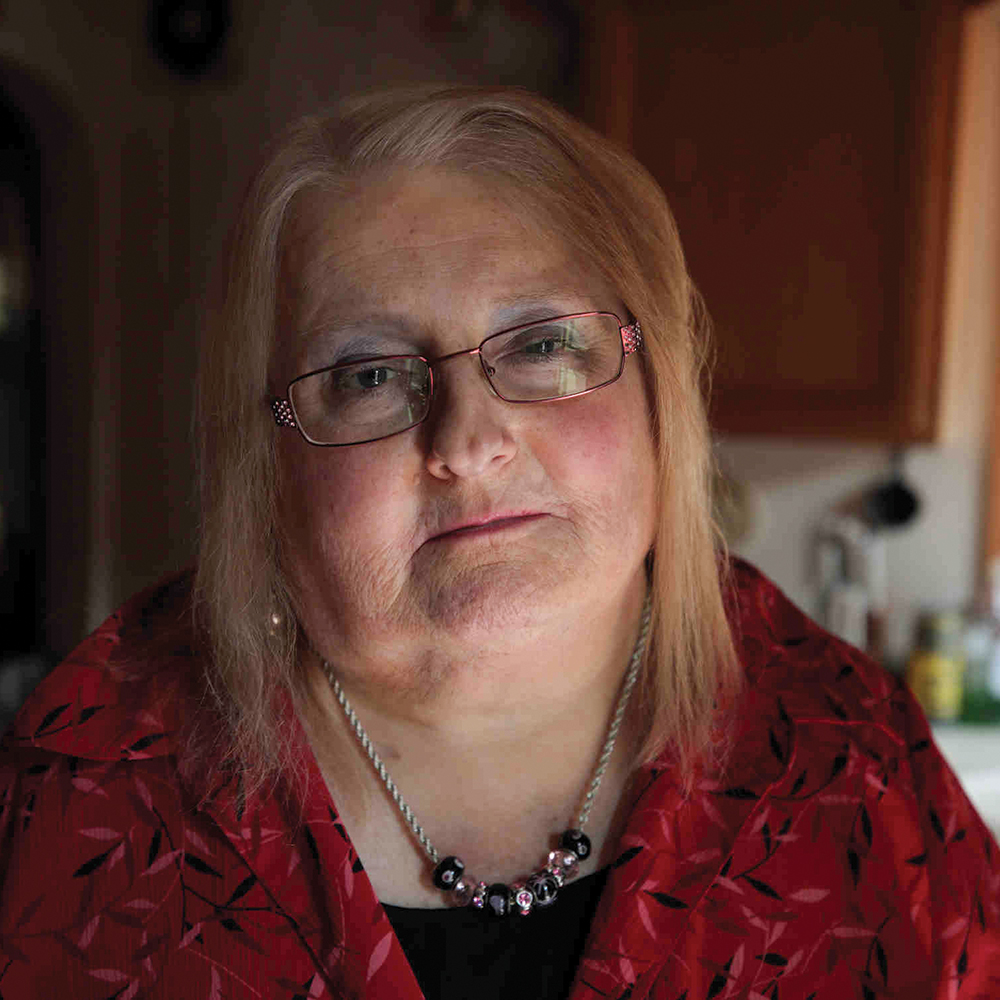



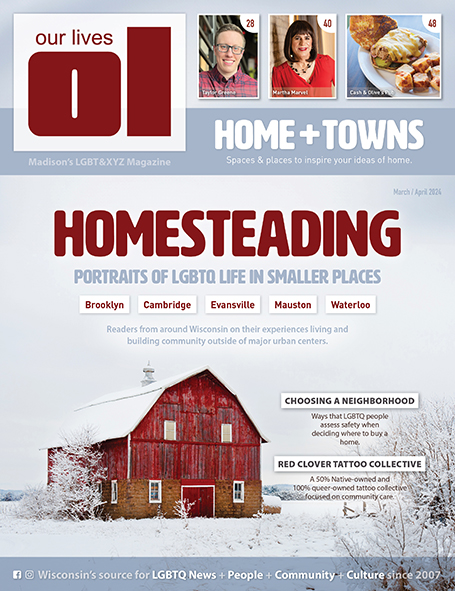
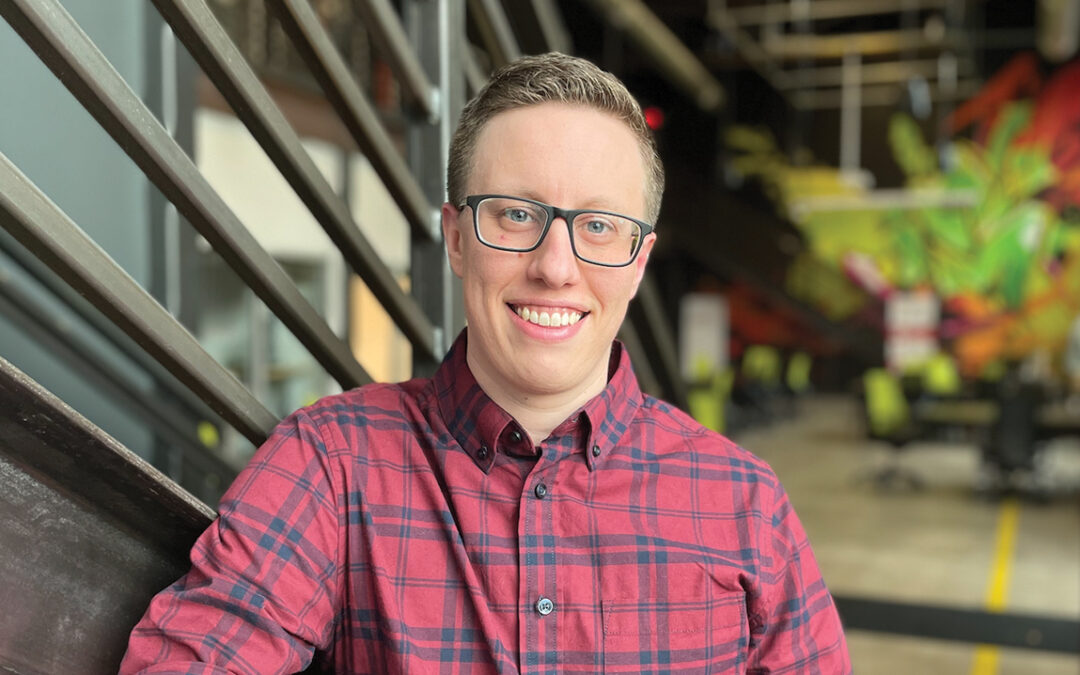
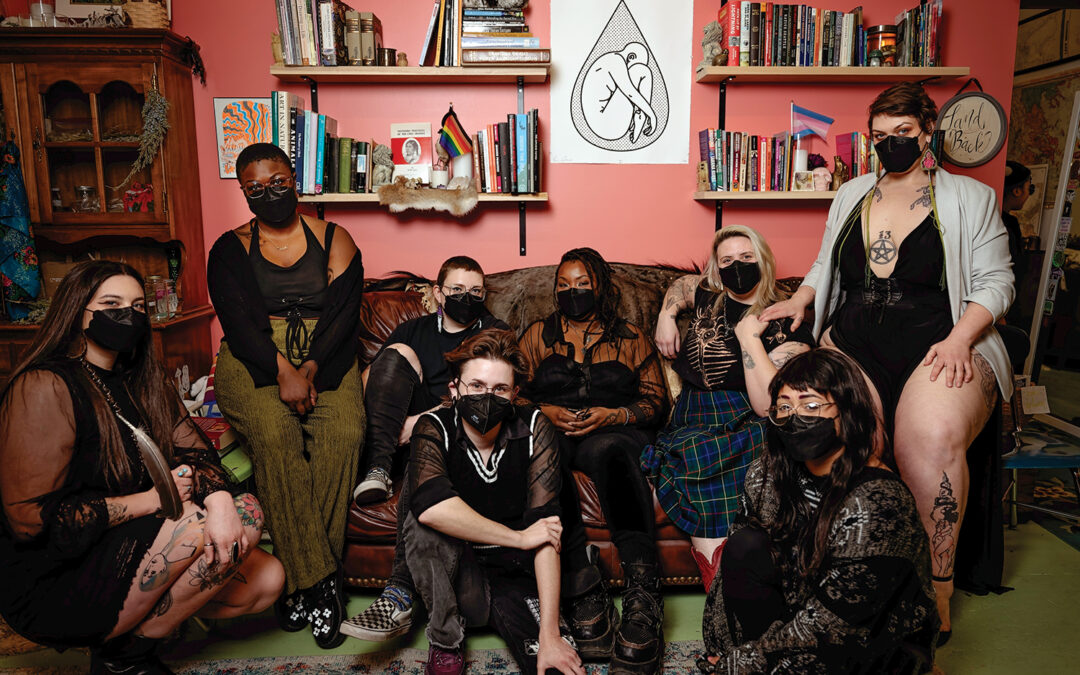




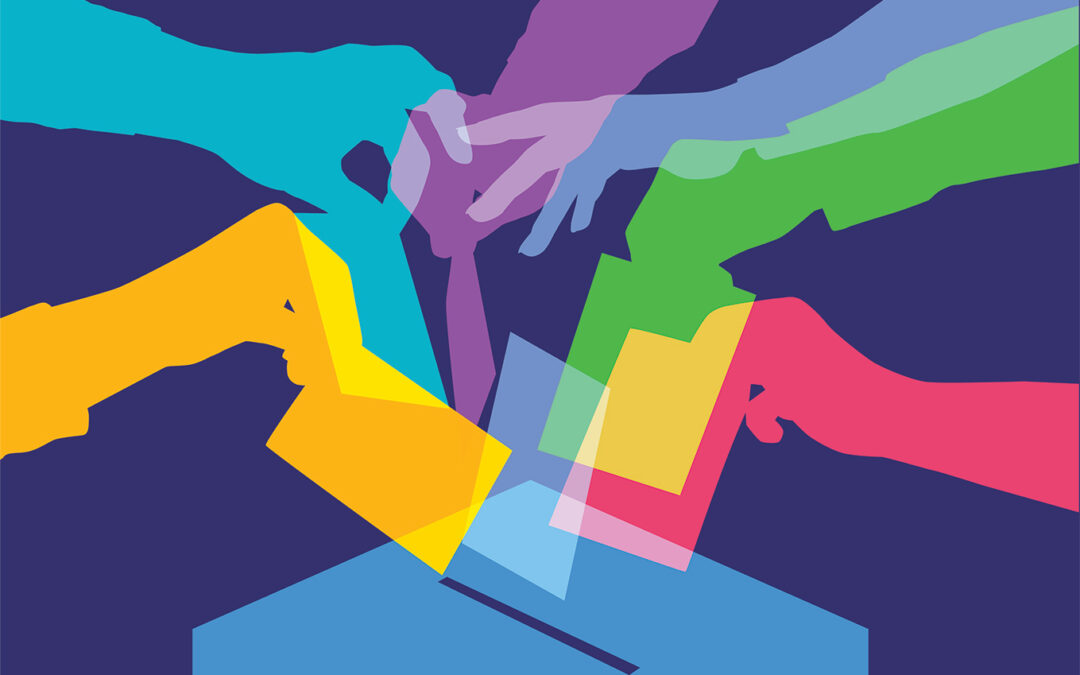
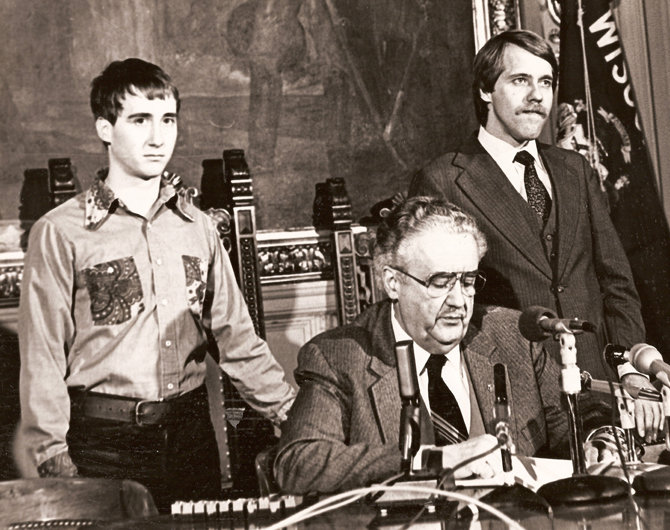










0 Comments